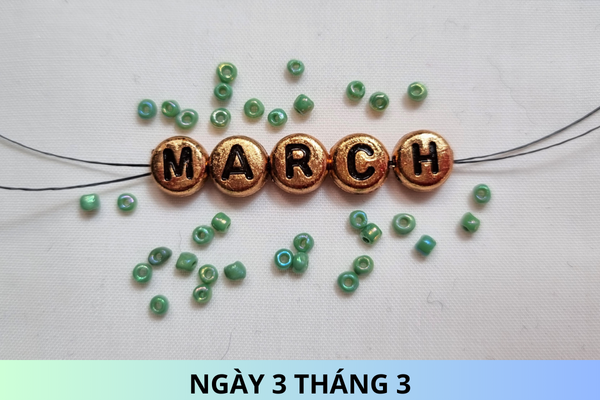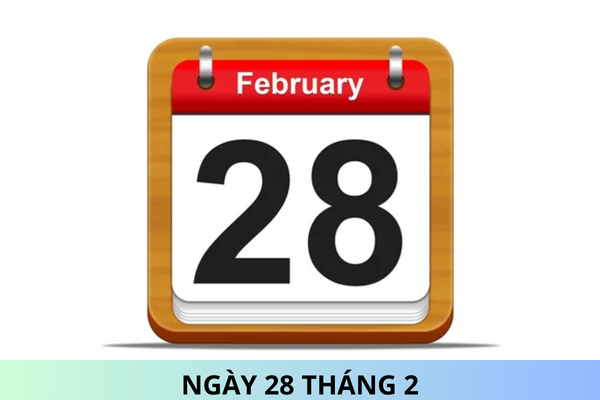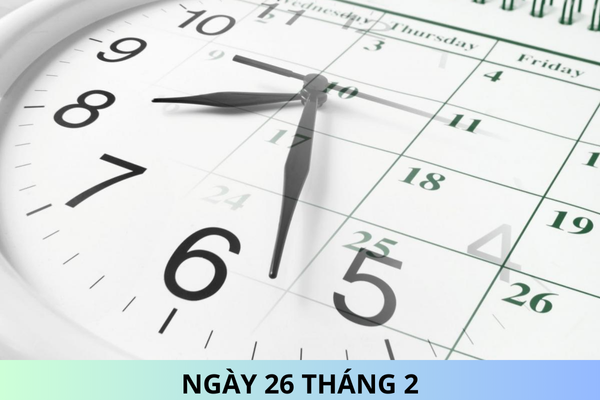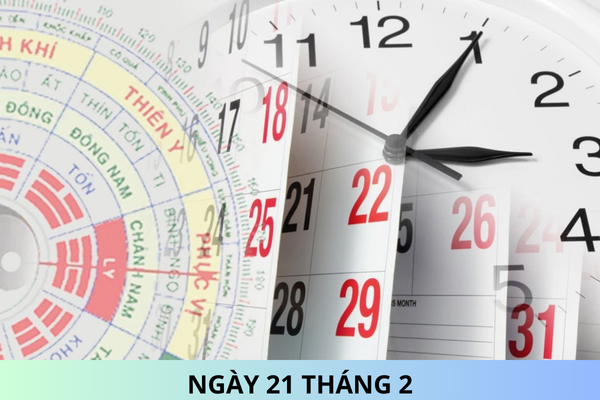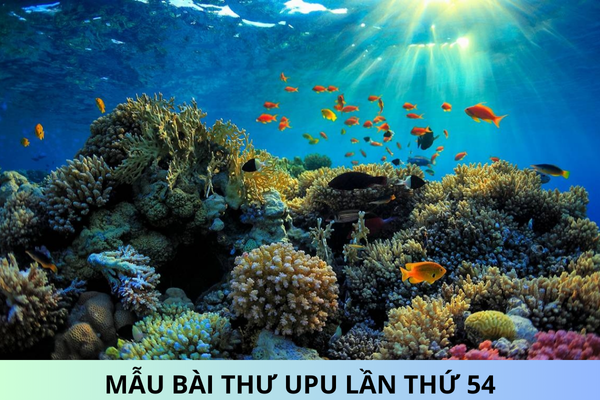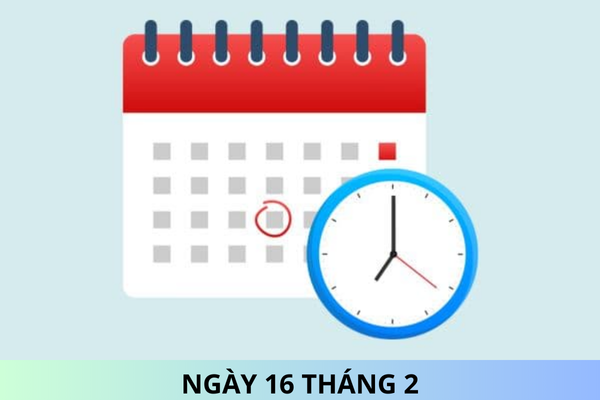Can I work as a commune police officer after graduating from primary school in Vietnam?
Can I work as a commune police officer after graduating from primary school in Vietnam? What regimes and policies do commune police officers enjoy in Vietnam? What are tasks and powers of Commune Police in Vietnam?
Hi. Because of my family background, I only finished primary school. Currently, I live in the locality and want to apply for a job as a police officer in my commune. Please ask, can I work as a commune police officer after graduating from primary school? If so, what regimes and policies do commune police officers enjoy?
I hope you can help me, thank you.
Can I work as a commune police officer after graduating from primary school in Vietnam?
In Clause 1, Article 4 of Decree No. 73/2009/ND-CP stipulating the criteria for selection to the Commune Police as follows:
1. Vietnamese citizens aged full 18 years or older and fully meeting the following criteria may be considered and selected to join the Commune Police where they reside:
a) Clear background, good moral character, no criminal record; themselves and their families well abide by the guidelines and policies of the Party and the laws of the State. The head of the Commune Police must be a member of the Communist Party of Vietnam;
b) Being healthy enough to perform the duties of the Commune Police (certified by a district-level medical facility or higher);
c) The head of the commune police, the deputy head of the commune police must be the person who has completed the upper secondary school program (with a diploma or certificate of completion of the upper secondary school program issued by the competent authority); Police officers must have graduated from junior high school or higher;
For mountainous, deep-lying and remote areas where there are no selected subjects who fully meet the educational criteria specified at this point, the educational level of the Commune Police Chief, Deputy Chief of the Commune Police and the Public Security Officer may be lower but must also be someone who has completed elementary school or higher;
d) Being able to perform their duties and having a voluntary application to join the Commune Police.
Thus, if you only graduated from primary school and you live in mountainous, remote or mountainous areas, and you don't have a candidate that meets the above-said educational criteria, you can be a commune police officer. commune when the remaining conditions are fully satisfied in Vietnam.
What regimes and policies do commune police officers enjoy in Vietnam?
In Article 7 of Decree 73/2009/ND-CP, regulations on regimes and policies for commune police officers are as follows:
1. Commune Police Chiefs, Commune Police Deputy Heads and Public Security Officers are entitled to salary and allowance regimes in accordance with the Government's regulations on regimes and policies applicable to cadres and civil servants in communes, wards and townships.
2. Commune Police Chiefs, Commune Police Deputy Heads and Public Security Officers shall carry out social insurance and health insurance in accordance with the provisions of the Law on Social Insurance and the Law on Health Insurance.
The Ministry of Labor, War Invalids and Social Affairs shall assume the prime responsibility for, and coordinate with the Ministry of Public Security in, guiding the implementation of social insurance and health insurance for Commune Police Heads, Commune Police Deputy Heads and Public Security Officers according to regulations on Law on Social Insurance and Law on Health Insurance.
3. Commune police chiefs who have served continuously for 60 months or more are entitled to a seniority allowance each year equal to 1% of their current salary and allowance; If they have a continuous working period of 15 years or more, if they quit their jobs for legitimate reasons but do not yet meet the conditions for retirement, they will be entitled to a lump-sum allowance for each working year, for each working year, it is equal to 1.5 months of the average current allowance and allowance for insurance premium payment.
The seniority allowance is paid monthly in the same salary period and is used to pay and enjoy the social insurance and health insurance regimes.
4. Deputy Chiefs of Commune Police and Public Security Officers who have worked continuously for full 15 years or more, if they quit their jobs for legitimate reasons, they are entitled to a lump-sum allowance, for each working year, it is equal to 1.5 months of the average current allowance; when sent to focus on training, training and fostering in politics, law and profession, they are entitled to a fostering regime equal to the basic meal rate of soldiers serving a term for the People's Public Security; when going on a business trip, they are entitled to the same benefits as commune-level civil servants.
5. Commune Police Chiefs, Commune Police Deputy Heads and Public Security Officers, when on duty are ready to fight in key areas, complex in security and order, and are entitled to daily allowances by 0.05 times of the general minimum wage. If you are on duty far from your place of residence and have no conditions to go and return every day, the agency that has issued the decision will mobilize you to arrange accommodation, support vehicles, travel expenses or pay for transportation.
6. Commune police chiefs, deputy heads of commune police and public security officers who fall ill during their work are entitled to medical examination and treatment at medical facilities and are supported to pay for medical examination and treatment from the state budget. The specific level of support shall be decided by the chairperson of the provincial People's Committee.
7. Communal Police Chiefs, Deputy Chiefs of Commune Police and Public Security Officers have accidents while on duty while focusing on political, legal and professional training, or on their way to work. On the way, to the place where the political, legal and professional training and retraining will be concentrated on the way, according to the convening decision of the competent authority, they are entitled to the following regimes:
a) To be paid medical expenses during the course of first aid and emergency treatment until the treatment stabilizes the injury and discharge from the hospital;
b) After receiving treatment, he/she is recommended by the Commune People's Committee to have his/her working capacity assessed at the Medical Assessment Council in accordance with law.
If a person participates in social insurance, a lump-sum or monthly allowance shall be provided in accordance with the law on social insurance. In case a person who has not yet participated in social insurance has a working capacity decrease of 5% or more, he/she shall be entitled to a lump-sum allowance, the level of allowance prescribed by the Ministry of Public Security and the Ministry of Labor, War Invalids and Social Affairs;
c) Persons who suffer from an accident that causes defects in one or more body parts or functions, manifests in different forms of disability, reduces their ability to function, and causes difficulties in working or studying shall be entitled to enjoy preferential regimes as prescribed by law for disabled people;
d) In case of death, including death during the first treatment period, if the deceased person is covered by social insurance, the provisions of the law on social insurance shall apply; in case the deceased has not yet participated in social insurance, the person in charge of burial shall receive a funeral payment equal to 08 (eight) months of minimum salary and his/her family shall receive a lump-sum allowance equal to 05 (five) months.
8. Commune police chiefs, commune police deputy heads and public security officers who are injured or die while on duty or for reasons of official duty performance are entitled to regimes and policies as prescribed by the Law on preferential treatment for people with meritorious services to the revolution.
9. Expenses to pay for accident benefits shall be covered by the local budget. For people participating in social insurance, the payment shall be paid by the social insurance fund.
According to this Article, if you are selected to be a commune police officer, you are entitled to the above-mentioned regimes and policies in accordance with law in Vietnam.
What are tasks and powers of Commune Police in Vietnam?
In Article 9 of the Ordinance on Commune Police 2008, tasks and powers of Commune Police are as follows:
1. To grasp the situation of security, social order and safety in communes, propose to Party Committees and People's Committees of the same level and superior police offices policies, plans and measures to ensure security, social order and safety and organize the implementation thereof.
2. To act as the core in building up the "All people protect national security" movement; to propagate and disseminate guidelines, policies and the law on security, social order and safety; to guide, inspect and urge its according to competence agencies, organizations and individuals in the implementation of law on security, social order and safety in communes.
3. To advise commune People's Committees and organize the implementation of legal provisions on management and education of persons liable to probation or non-custodial reform and persons on suspended sentence who reside in communes; to manage persons under special amnesty, drug-detoxified persons and persons having completely served their prison terms and being subject to further management according to law.
4. To assume the prime responsibility for, and coordinate with agencies, organizations and other forces in. warding off. detecting and combating crimes and social evils according to law; to protect security, social order and safety, and the lives and property of individuals, agencies and organizations in communes.
5. To enforce the law on residence management, people's identify cards and other travel papers; to manage explosives, weapons and support instruments, to prevent and fight fires, to protect the environment; to perform the security and order-related management of conditional production and business lines in communes under the decentralization and guidance of the Minister of Public Security.
6. To receive, classify and handle according to its competence cases showing signs of violating the law on security, social order and safety in communes; to body-search, check belongings and personal papers and seize weapons or murder weapons of persons who are caught red-handed in committing illegal acts; organize the rescue of victims, protect the scenes and promptly report thereon to competent bodies; to make initial records, take testimonies of victims and witnesses, to seize and preserve material evidences under law and the guidance of the Minister of Public Security; to supply records, documents, material evidences and gathered information and create conditions for competent bodies to verify and handle the cases.
7. To organize the arrest of criminals caught red-handed, wanted or hunted persons lurking about in communes; to escort the arrested persons to immediate superior police offices.
8. To sanction administrative violations; make dossiers proposing the application of other administrative sanctions against violators in communes under law and the guidance of the Minister of Public Security.
9. To request agencies, organizations and individuals in communes to coordinate activities, to supply information and perform tasks related to the maintenance of security, social order and safety.
10. When necessary, to mobilize people and means of organizations and individuals to rescue victims, for salvage and rescue activities, arrest of criminals caught red-handed or wanted or hunted persons and to immediately return the mobilized means when the circumstances terminate and to promptly report thereon to presidents of People's Committees of the same level.
In case of material damage, to pay compensations according to law; if persons mobilized to perform the tasks are wounded or die. they will be entitled to the State's policies.
11. To use weapons, support instruments and apply a number of police measures under law and the guidance of the Minister of Public Security to protect security, social order and safety in communes.
12. To participate in the cadet enrolment and recruitment into the people's armed forces; to conduct drills and exercises in the implementation of schemes on defense, security, salvage, rescue, mitigation of natural disasters and other serious incidents.
13. To build the Commune Police force politically, organizationally and professionally clean and strong.
14. To perform other tasks prescribed by law.
The above is the law on tasks and powers of Commune Police in Vietnam.
Best regards!
